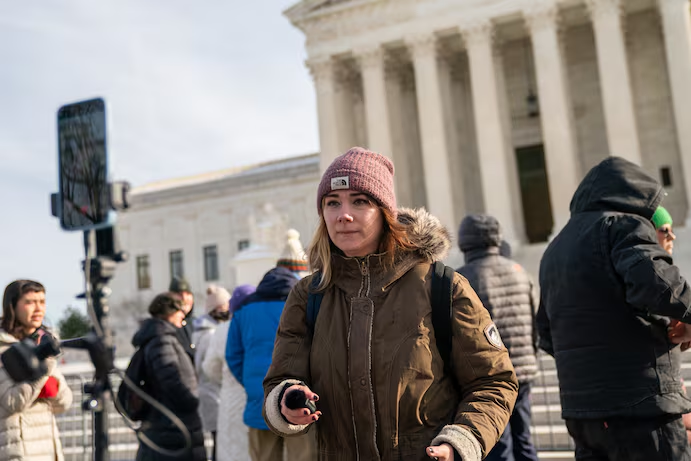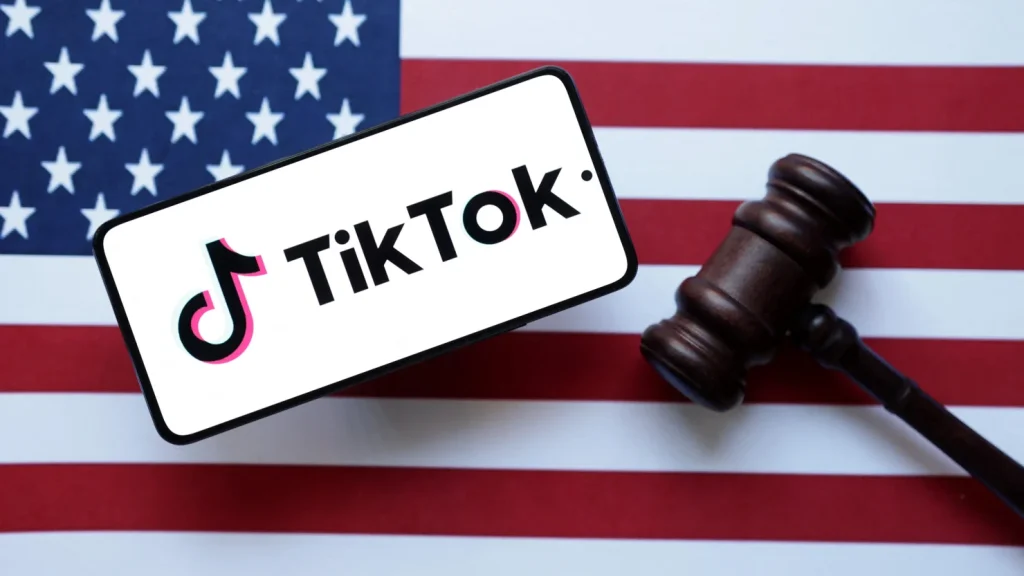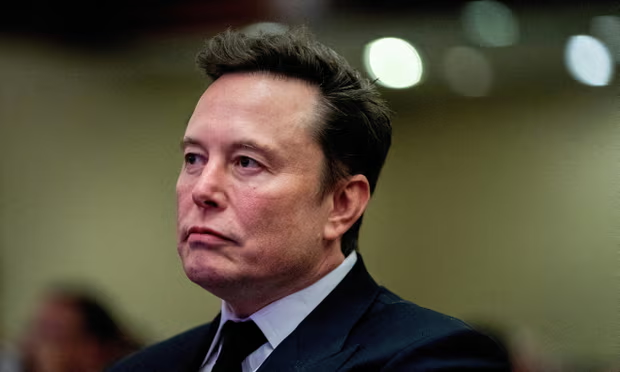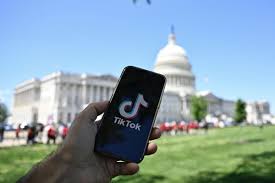Trump Contemplates Executive Order to Prevent TikTok’s Ban or Sale in the U.S.

Former President Donald Trump is reportedly exploring the possibility of issuing an executive order aimed at preserving the popular social media app TikTok in the United States. This move comes in the wake of ongoing concerns from U.S. lawmakers regarding the app’s ties to China and potential national security risks. TikTok, owned by the Chinese company ByteDance, has been under scrutiny for months due to fears that the Chinese government could access user data or use the platform for espionage purposes. These concerns have led to discussions about banning the app or forcing its sale to a U.S.-based company.
Trump’s interest in issuing an executive order to protect TikTok signals his continued support for the app, which has millions of American users. While TikTok has maintained that it does not share user data with the Chinese government, critics remain wary. The Trump administration previously attempted to ban the app, arguing that it posed a threat to U.S. security. However, legal challenges and delays have prevented any definitive action on the matter, leaving the future of TikTok in the U.S. uncertain.
The potential executive order under consideration would seek to circumvent the legal and bureaucratic hurdles that have slowed progress on the issue. Trump’s allies have suggested that the order could either block a ban on TikTok or provide a pathway for the app to continue operating in the U.S. without having to sell itself to a U.S. company, as previously demanded. This would be a significant shift from earlier efforts that involved trying to force ByteDance to divest its U.S. operations or sell the platform to an American tech giant like Microsoft or Oracle.
The executive order could serve as a temporary measure while more permanent solutions are explored. It could also allow for further investigation into the app’s security practices and give lawmakers time to develop more comprehensive policies for handling foreign-owned tech companies. At the same time, the order would likely face challenges from both political opponents and legal experts who question the executive branch’s authority to regulate private companies in such a direct manner.
Supporters of TikTok, including the millions of users who have made the app a cultural phenomenon, argue that the platform poses no greater security risk than other social media apps, many of which are also owned by foreign companies. They contend that the focus on TikTok is politically motivated and part of a broader campaign against China, rather than a legitimate concern about user safety. TikTok has become a major tool for self-expression, business promotion, and entertainment in the U.S., and its potential ban has sparked widespread backlash among creators, influencers, and users.
Despite the legal and political complexities, there is growing recognition that TikTok’s future in the U.S. cannot be determined solely through executive orders or judicial rulings. Instead, a more comprehensive approach may be necessary, one that takes into account the broader issue of data privacy, international relations, and the role of foreign-owned technology companies in the U.S. market. Some experts have called for Congress to pass legislation that would create a more unified framework for evaluating the security risks associated with apps like TikTok, rather than relying on individual executive actions or ad hoc decisions.
While Trump’s potential executive order to “save TikTok” could offer a temporary reprieve for the app, it is unlikely to be the final word on the matter. The broader debate about the intersection of national security and technology will continue to evolve, especially as other foreign-owned apps and platforms come under scrutiny. As such, the TikTok controversy is likely to remain a key issue in U.S. policy discussions for the foreseeable future, with no clear resolution in sight.
In summary, Donald Trump’s consideration of an executive order to protect TikTok underscores the ongoing tension between national security concerns and the popularity of global digital platforms. Whether such an order will be issued, and how effective it will be in resolving the legal and political challenges surrounding TikTok’s future in the U.S., remains to be seen. However, this latest development highlights the complicated relationship between technology, international relations, and government regulation.






